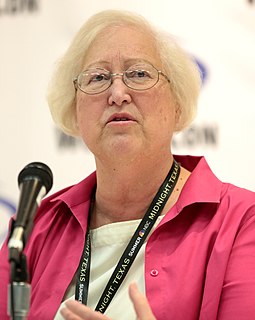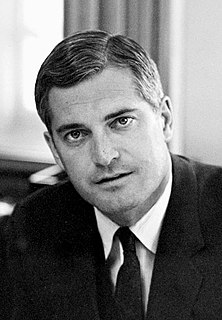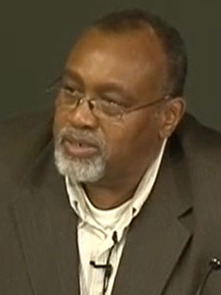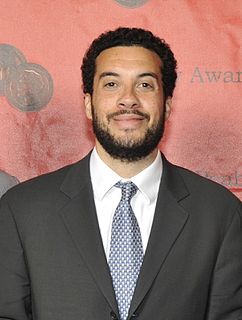A Quote by Kimberle Williams Crenshaw
I think the O.J. Simpson trial was a revelation about the ongoing patterns of racial difference in American society.
Quote Topics
Related Quotes
I have tried to defend what is most precious to our American society, a society that is now at war against the forces of racial intolerance.A big part of me making the decision was how important the play is for the times that we live in. This is a classic. It's a masterpiece of American playwriting. It's about discrimination and it's about we Mexicans being a target for so many years.
fter the O.J. Simpson trial there was talk about how the country was splitting in two - one part black, one part white. It was ludicrous: typical gringo arrogance. It's as though whites and blacks can imagine America only in terms of each other. It's mostly white arrogance, in that it places whites always at the center of the racial equation.
To me, one of the big silver linings of the Simpson trial is the advances we've made in understanding domestic violence as a lethal problem. Before that trial, I think there was a widespread sense that it was a family affair, a normal part of a relationship, not really a crime. The reality is that it's very much a crime, and a very serious one.
There are only patterns, patterns on top of patterns, patterns that affect other patterns. Patterns hidden by patterns. Patterns within patterns. If you watch close, history does nothing but repeat itself. What we call chaos is just patterns we haven't recognized. What we call random is just patterns we can't decipher. what we can't understand we call nonsense. What we can't read we call gibberish. There is no free will. There are no variables.
I want you to understand that racial justice is not about justice for those who are black or brown; racial justice is about American justice. Justice for LGBT Americans is not about gay and lesbian justice; it's about American justice. Equality for women isn't about women; it's about United States equality. You cannot enjoy justice anywhere in this country until we make sure there is justice everywhere in this country.
There is more racial integration in American life and many more people of color serving as elected officials and corporate leaders than there were during my father's time. But there is also reason for concern about new forms of racial oppression, such as measures to make it harder to vote, racial profiling and crushing public worker unions.
One major difference between Mormons and evangelicals on the subject of revelation is that Latter-day Saints believe that God has appointed modern-day prophets and apostles to receive revelation for Christ's church. All church members may receive revelation appropriate for their particular callings or positions within the church and their families, but never in contradiction to church doctrine or policy. So Mormonism has both a democratic practice of revelation that would resonate with evangelicals, but also an institutional understanding of revelation foreign to evangelicalism.
Racial problems can't be easily reconciled with a pat account about racism and discrimination that lets us sort of relax into saying when we finally get this right, when we get rid of racism, when we reach the post-racial society, everything is going to be okay. Well, no, because along the way here, as we've not yet been in this racial nirvana, facts on the ground have been created.
I didn't wake up one day and say, I have to tell O.J.'s Simpson story. But what drew me to it wasn't what people have focused on over the last 20 years - meaning, the question of innocence or guilt, nor the spectacle of the trial. I was more interested in the history that led up to that point in time in 1994, which would help explain what exactly went into making the trial as fascinating as it was.





































